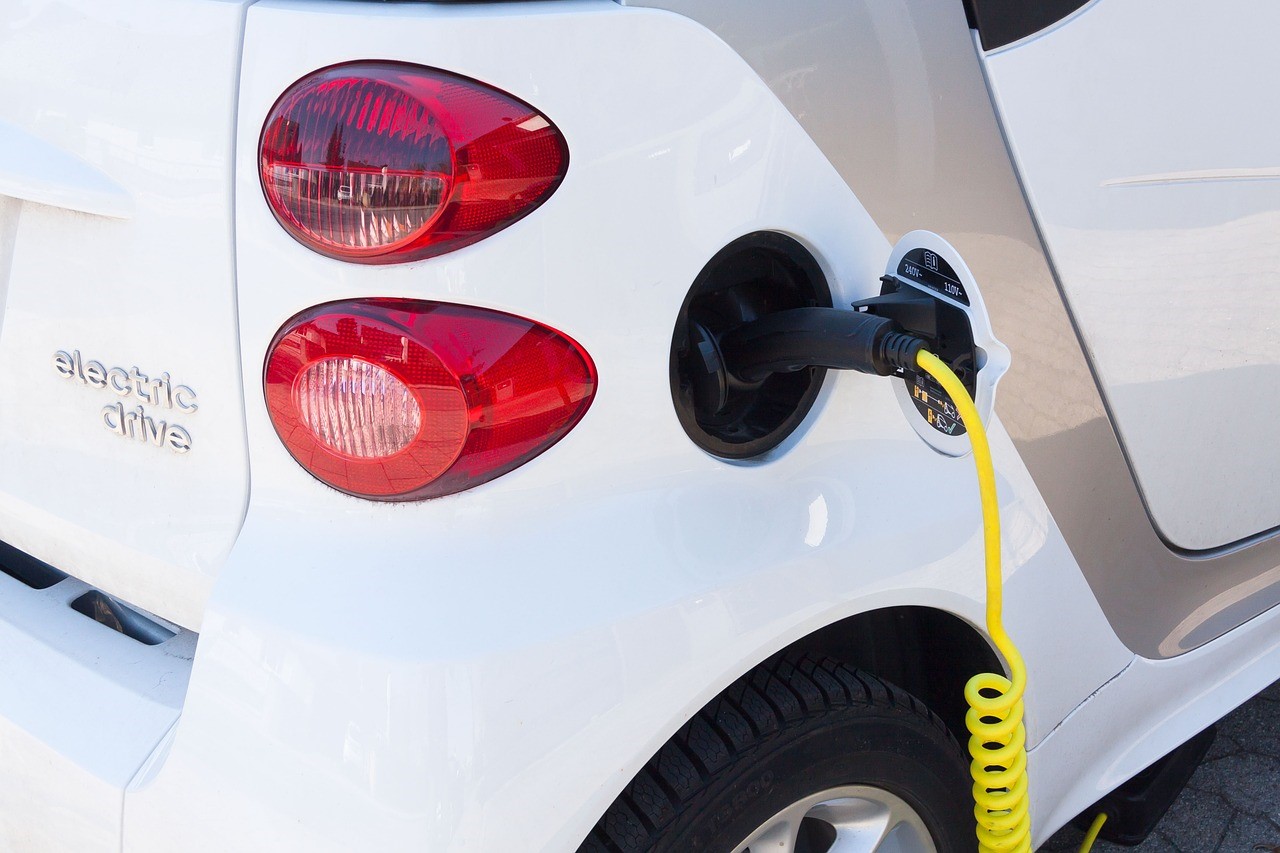Household Bills
Ultra-rapid EV charging now cheaper than petrol

Guest Author:
Emma LunnThe fastest charging of electric cars is now cheaper than petrol for first time – but only at off-peak times.
The February 2023 AA EV Recharge Report shows an 8 p/kWh reduction in off-peak ultra-rapid charging that makes electric cars cheaper to ‘fuel’ than a petrol car for the first time.
However, electric car drivers will only save cash compared to petrol if they charge at the cheapest time of day with the right charging provider.
EV owners charging at off-peak times will pay just 11.69p per mile compared to 14.12p when filling up with petrol.
But the AA warns that different operators have varying off-peak times. Most providers switch to off-peak at 8pm, but some others offer off-peak rates before 8pm.
Charging is getting cheaper
The cost of driving an EV has skyrocketed in recent months due to soaring energy bills and public charging operators hiking their prices to absorb increasing wholesale electricity costs.

Wellness and wellbeing holidays: Travel insurance is essential for your peace of mind
Out of the pandemic lockdowns, there’s a greater emphasis on wellbeing and wellness, with
Sponsored by Post Office
But energy prices are now starting to fall. The AA report found that the average cost of off-peak charging has dropped from 60 p/kWh to 52 p/kWh, while peak charging at these speeds is also cheaper having fallen from 74 p/kWh to 67 p/kWh.
This is significant heading into the summer when more cars will be driving longer distances away from home. It also reduces the business cost of travel by EV where ultra-rapid charging reduces travel times.
However, the downside is that the cost of slow charging has gone up with flat-rate fixed prices rising nearly 9%, from 34 p/kWh to 37 p/kWh.
The latest AA EV Recharge Report comes follows the Budget which announced an extension to the Energy Price Guarantee to 30 June 2023, but failed to significantly invest in boosting the public charging network.
‘Kerb tax’
The AA says the Chancellor also missed the chance to push the transition to EVs forward in the Budget by failing to cut VAT on public charging and not promoting more spending on increasing the public charging network.
Public charging carries a VAT rate of 20%, but VAT on domestic energy is just 5%. The AA has been calling on the government to slash the VAT on public charging to 5% to help the two fifths (40%) of households that do not have any form of dedicated off-street parking and are solely reliant on the public charging network.
It says that by failing to equalise the rates, there is a so-called ‘kerb tax’ which is a two-tier system automatically created between those that have a driveway and those who don’t.
Jack Cousens, head of roads policy said: “EV owners are still reaping the benefits of cheaper per mile motoring, and this could improve further if energy costs are to fall later in the year. The recent shift in peak and off-peak charging prices for ultra-rapid devices provides brilliant value for money, especially with Easter just around the corner.
“The chancellor missed a golden opportunity to boost the EV revolution. With new EV sales only increasing, the budget was the moment to significantly invest in the public charging network while correcting the ‘Kerb Tax’ of mismatched VAT rates.
“Meanwhile, we were keen to see the Government be more ambitious in expanding the EV charging network. With around 40,000 devices currently in the ground, we will need so see a monumental shift in installations over the coming years.”